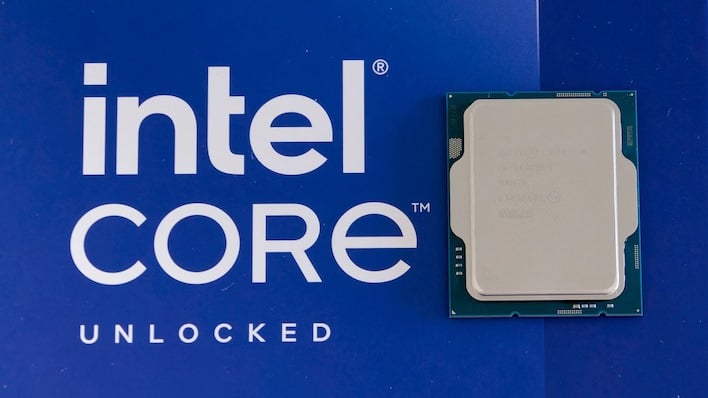Intel’s been under some fire recently for issues affecting its top-end Core i9 processors from both the 13th- and 14th-generation Core families. Some of these chips, even when set to “BIOS defaults”, will crash or otherwise fail in certain tests, most commonly Cinebench 2024 and especially, games using Unreal Engine. The release of Tekken 8 really brought the issue to the forefront, as gamers started to struggle with stability on these high-end CPUs; one report noted as many as ten returns per day in Korea.
There are a few ways to fix this—the quickest is just raising the voltage or lowering max junction temperature (Tjmax) to 90°—but the most straightforward is to simply apply Intel’s Recommended power limit settings for your CPU. For the majority of affected Core i9 and Core i7 processors, this should immediately solve the problem. It’s actually kind of a pain the butt to do manually, though; there are several different settings you’ll need to apply. That’s why companies like ASUS and now Gigabyte are releasing new motherboard BIOS updates that add an “Intel Baseline” feature to automatically pull back the CPU’s power limits to what Intel recommends.
Cinebench testing with different power limits by Uniko’s Hardware.
Instead, you can use this ‘Intel Baseline’ turbo limit profile to restrict the processor’s boost algorithm to the maximum power for the CPU; this is generally 253 watts for “K” processors and 320 watts for “KS” CPUs. However, dropping power limits to make the CPU throttle when it hits them obviously involves causing clock rate throttling, which means reduced performance. How much? Well, if Taiwanese tech site Uniko’s Hardware is correct, it could be as much as 29% on some chips, at least in heavily multi-threaded workloads like Cinebench.
You can head over to Uniko’s Hardware to read the full article; Google Translate does a pretty fair job with it. They tested a lot more than just Cinebench, including Red Dead Redemption 2, Cyberpunk 2077, and Shadow of the Tomb Raider. Some of the performance drops in games are pretty severe at 1080p, but significantly less in 4K. Keep in mind that his QS CPU gets a lower power limit than a retail Core i9 would for most of his testing, though.




